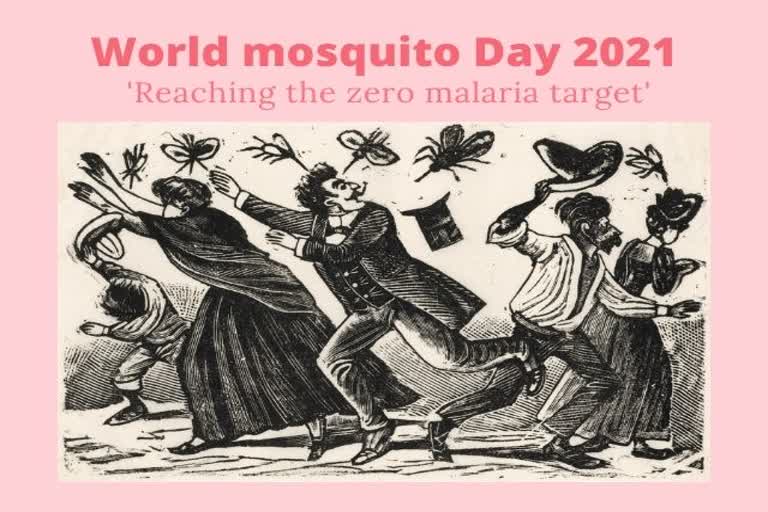Every year, in the remembrance of Sir Ronald Ross, a British doctor who in 1897 discovered that ‘female mosquitoes transmit malaria between humans’, World Mosquito Day is observed. This discovery revolutionized the treatment of mosquito-borne diseases. After this discovery of Dr. Ronald Ross, campaigns were launched for the prevention and treatment of mosquito-borne diseases on a large scale around the world, and for his discovery, he was also awarded the Nobel Prize for Medicine in 1902. To honor this contribution of Dr. Ross, the London School of Hygiene and Tropical Medicine, in 1930, announced the celebration of World Mosquito Day every year on 20th August.
Although we may hate the mosquitoes, not all mosquitoes are dangerous and bite us. mosquitoes are extremely important for maintaining the ecological balance on the earth. our expert Dr. P. V. Ranganayakulu, PhD. in History or Ayurveda explains how mosquitoes are both our friends as well as foes.
These little creatures first appeared on earth probably 46 million years ago, far before humans evolved from apes. Not just humans, animals, birds, insects, and even trees get their share of mosquito bites. It has become an integral part of the evolutionary tree. We often think of its bad effects and consider it as an enemy and so, we wanted to eradicate them. But now, biologists realized that eradication is an unrealistic and antinature activity.
Mosquitoes carry a number of dangerous diseases like malaria, dengue, filariasis, Zika, chikungunya, and Encephalitis. They are a part of the complex web of life. So we need to respect them. An adult mosquito can survive for a few months, up to 6 months, while the female mosquito survives for just two to three weeks. Female mosquitoes need more nutrition therefore they seek blood, while others seek sap from plants. Mosquitos fly for nectar and thus help pollination. They survive harsh winters. They even survived the Ice Age 2.5 million years ago. Eggs laid in water or moist surroundings can get dry but can hatch even after eight months. These beautiful creatures fly slowly but their wings flap 300 times per second.
